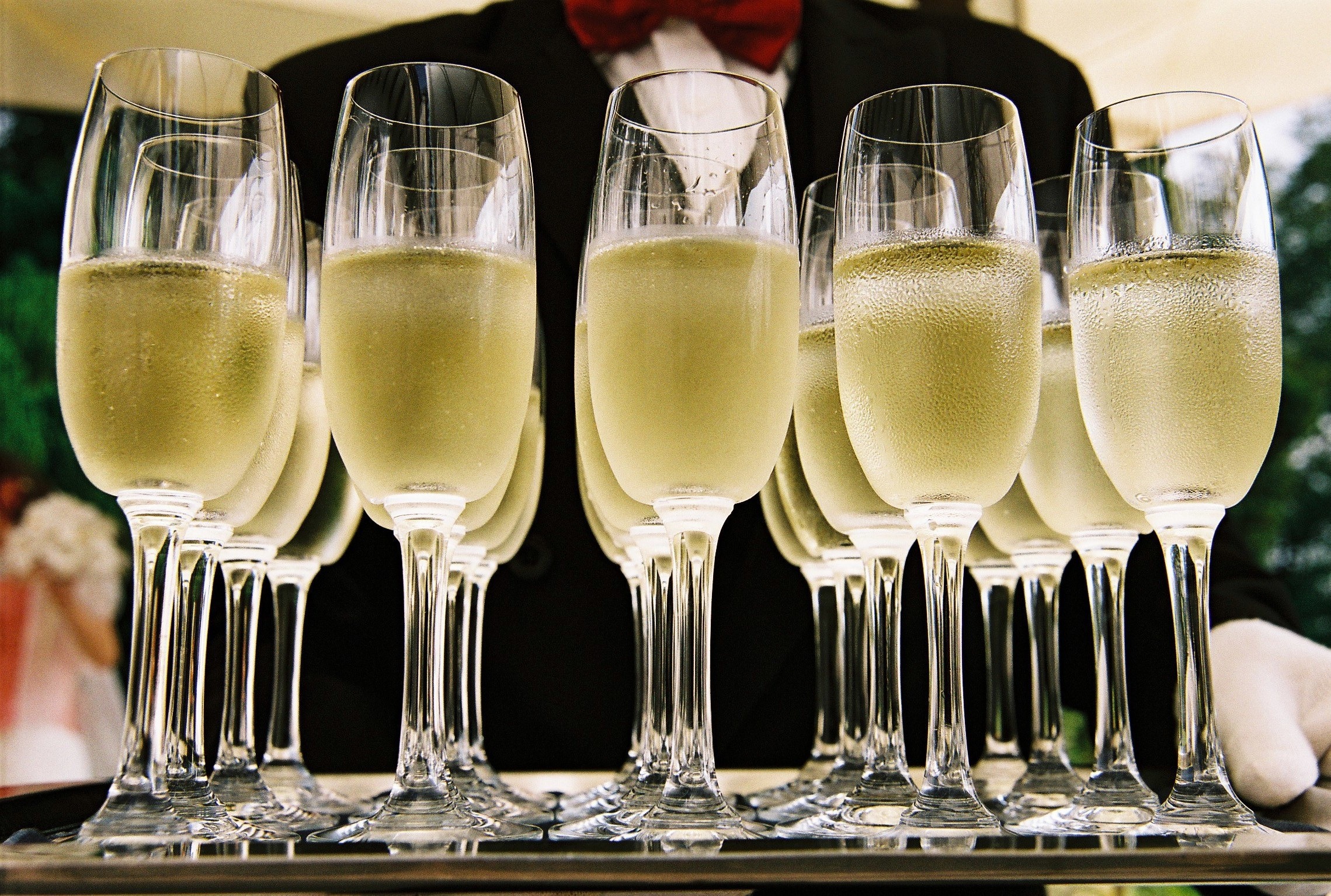American Champagne: A “sparkling” legal exception at the heart of current trade tensions
[08/04/2025]
The “Californian Champagne” or “American Champagne” is a legal subtlety that intrigues in the same way as the recent amendment to the Russian Law on alcoholic beverage regulation, previously mentioned (“Russia appropriates the appellation “Champagne”).

While the American administration announces 20% tariffs on European imports, the legal status of the term “champagne” in the United States deserves some clarification.
In international law, the WTO’s TRIPS Agreements sets minimum standards to protect geographical indications.
However, one notable exception remains: so-called “generic” designations are exempt from this obligation, and in the United States, “Champagne” is classified as semi-generic, just like “Chablis,” as in “New York Chablis” for example.
Historical California producers, protected by a “grandfather” clause from the 2006 EU-US agreement, can therefore continue to use it, provided they do not modify their labels. However, any new producer faces sanctions.
This compromise, designed to lay the groundwork for a future global agreement, remains fragile. Negotiations, already slowed by the failure of the Transatlantic Free Trade Agreement (TAFTA), are stumbling over very divergent visions.
For its part, the Comité Interprofessionnel du Vin de Champagne (CIVC) is multiplying actions in order to preserve the exclusivity of the Champagne appellation.
A case study for intellectual property law. Our teams remain at your disposal for any additional information on this subject.
